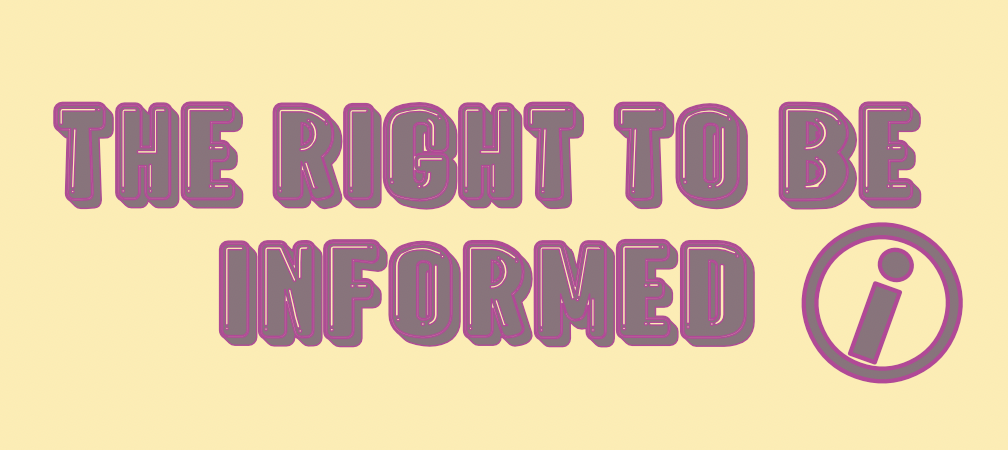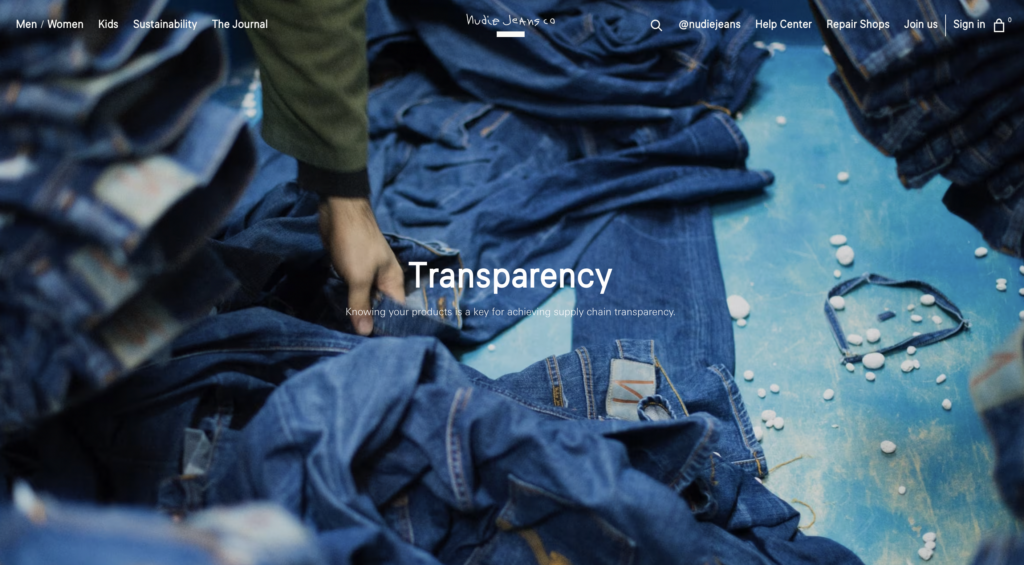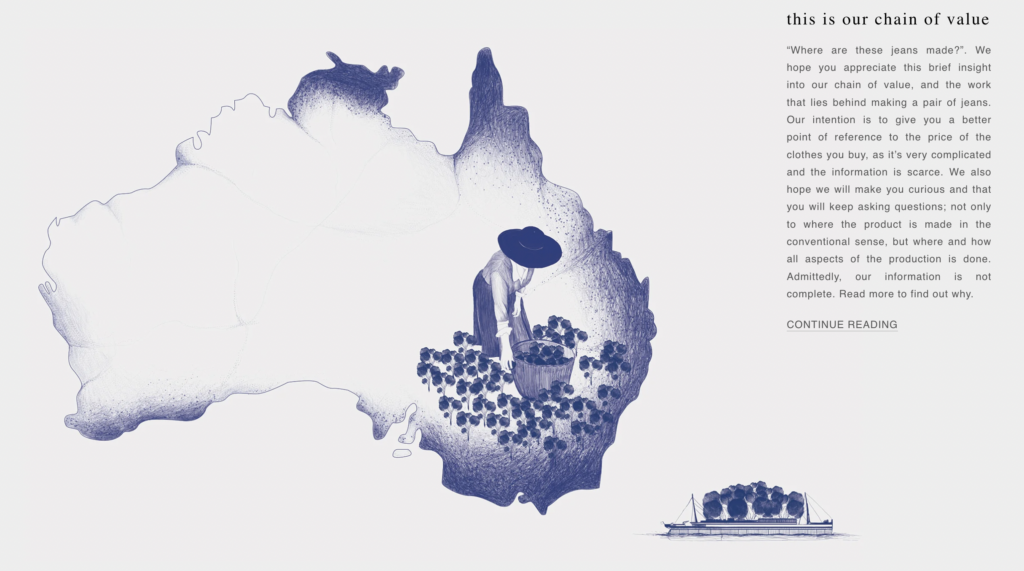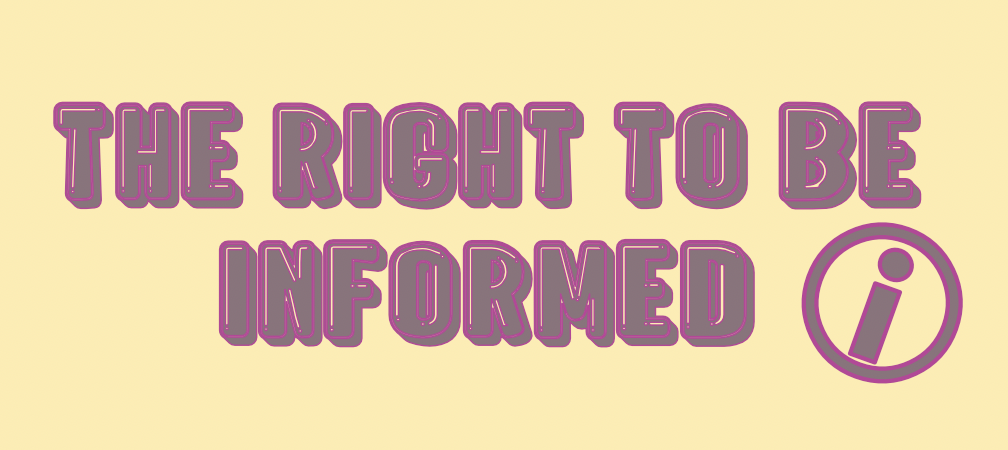Norway leads the way with regulations within transparent businesses as one of the first countries to enforce The transparency act. The act entered in force 1.th July 2022.
This is a crucial step towards the costumers right to know, and to lead the way for other countries in terms of rules and regulations regarding sustainability.
What does transparency mean?
You can take a guess from the word itself. Transparency in the context of the fashion industry simply means to be open and honest about how the business go about, and to make sure information are available in the company.
The costumers should have the right to know where, by who and how the clothes are being made.

- Food for thought…
If you do not think about price: you have the option of buying from a brand where you have full information available about their production, while on the other hand you have a brand that refuse to give you information about its production. Witch brand would you choose?
Openly «blind» to their practices
In some cases the managers in responsible positions in the companies have little or control or knowledge about the production, usually because of outsourcing and multiple suppliers within the supply chains. We can also ask the question how much the brand itself are ignoring or simply «do not want to know» about their own production.
Many brands hold back information about the companies whereabouts because they know rules, regulations and human rights being violated.
It is not as straight forward as we wish
It is easier for small companies that are young and adaptable to be transparent. Bigger companies and specially fast-fashion brands are more likely to lose control over their production practices since their entire business are build on having the cheapest and fastest production possible. Their production are being outsourced and delegated so they are the most efficient and cost-effective. Their supply chain is usually not linear but presents a web of different producers and suppliers.
How can rules and regulations help?
Regulations can help companies disclose information, and if they do, consumers can choice who to purchase from based on the information being given. Rules will make the industry take responsibility of their actions. If they are required by law to disclose information, they will more then likely choose ethical pracitces to gain costumers or not to loose costumers.

The Norwegian transparency act places three main duties on companies:
- Due diligence: The duty to carry out due diligence to identify and assess actual and potential adverse impacts on human rights and decent working conditions in companies and their supply chains.
- Report on due diligence: The duty to publish an annual account of the due diligence process by 30 June each year.
- Right to information: The duty to respond to requests from the public on how a company addresses actual and potential adverse impacts on human rights and decent working conditions.
In addition they have guidance for your business to meet the requirements, as well as help with analyses and reports.
You may ask if this really will have impact? It all really comes down to what we do with the information we are given each year, and how «we» and the government are going to act on it.
Transparency does not directly contribute to a more sustainable industry, but it is absolute essential for consumers to have access to information, and based on that take responsibility.
What is being done?

There is countries with similar practice, among others Germany. Even though the act only requires reports and analyses, there are small brands that has build their business-models around transparency. Some brands has made digital maps where you can follow the product´s journey from the start of the supply chain to the end. Others have their own website with complete information and history on production, workers and suppliers in their supply chains.
The smaller and closer supply chains, the easier it is to share this information.
It is still some bigger brands with big scales that shows improvement. Gucci have created a «sustainable» denim collection where they are planning to include QR-codes with information about the product on the label when you buy it. You can read more about my opinion on Gucci´s new collection here.
How can we trust the information?

Several companies with focus on transparency use blockchain-technology that «locks» information. It gives a verification of information where it can not be changed.
I also think that if a company has transparency on their website etc, it makes it easier for us consumers to verify that information ourself by doing investigation on the information we are given.

